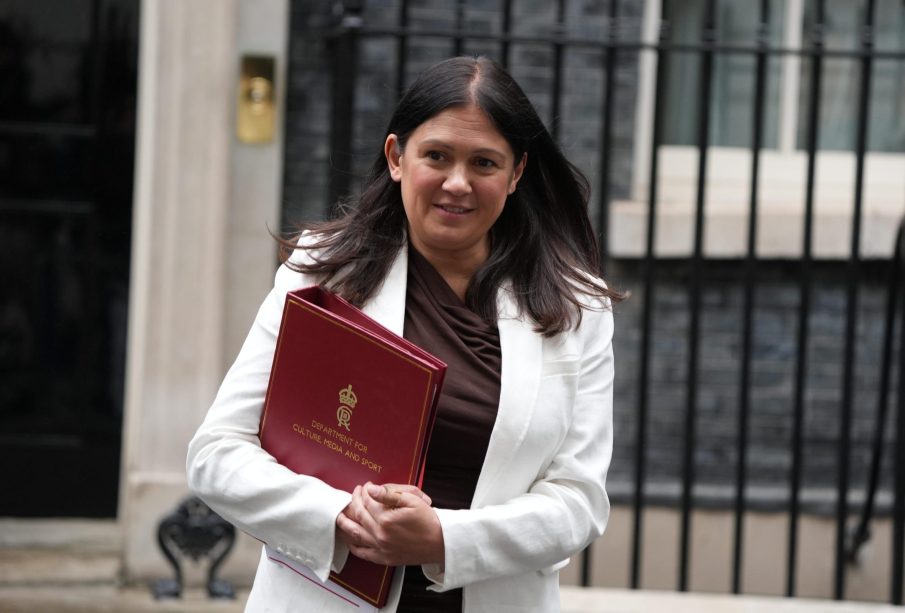Lisa Nandy’s Impact on UK Politics in 2023

Introduction
Lisa Nandy, the Labour MP for Wigan, has become a significant figure in UK politics, especially during the current political landscape in 2023. As a prominent member of the Labour Party, her decisions and statements resonate deeply with both her constituents and the wider public due to ongoing issues surrounding economic recovery, social justice, and climate change. This article delves into Nandy’s journey, advocacy, and her increasing influence in shaping policies that affect the nation.
Political Background
Lisa Nandy has held her position as MP since 2010, gaining recognition for her commitment to her constituents in Wigan. Over the years, she has taken on several roles within the Labour Party, including Shadow Secretary of State for Communities and Local Government. Her work has often highlighted the needs of northern communities, bringing attention to disparities in funding and support when compared to other regions.
Key Topics and Advocacy
In 2023, Lisa Nandy has been particularly vocal about issues related to economic revitalisation in post-pandemic Britain. She has advocated for increased investment in job creation and training, particularly in green technologies and sustainable industries. Nandy argues that investing in these sectors will not only help rejuvenate the local economy but also contribute to the UK’s commitment to achieving net-zero carbon emissions by 2050.
Additionally, Nandy has been at the forefront of discussions regarding social justice and equality. She has been a strong critic of government cuts to public services, arguing that these measures disproportionately affect vulnerable communities. Through her public appearances and media engagements, she continually calls for a more equitable distribution of resources and opportunities, championing the rights of those often left unheard in the political discourse.
Recent Developments
In recent parliamentary sessions, Lisa Nandy has engaged in lively debates concerning housing policy, particularly focusing on the need for affordable homes. She has put forward proposals advocating for reforms that would facilitate better access to home ownership and rental options for young families. Her passion for these issues stems from her own constituency’s struggles with housing affordability.
Conclusion
As Lisa Nandy continues to navigate her political career, her advocacy for economic justice and social equality positions her as an important voice within the Labour Party and the UK parliament. With the next general election on the horizon, her ongoing contributions will likely shape both party strategy and public opinion in the lead-up to the campaign. For readers, understanding her stance on pressing issues is critical for making informed judgments about the future direction of the UK’s political landscape.









